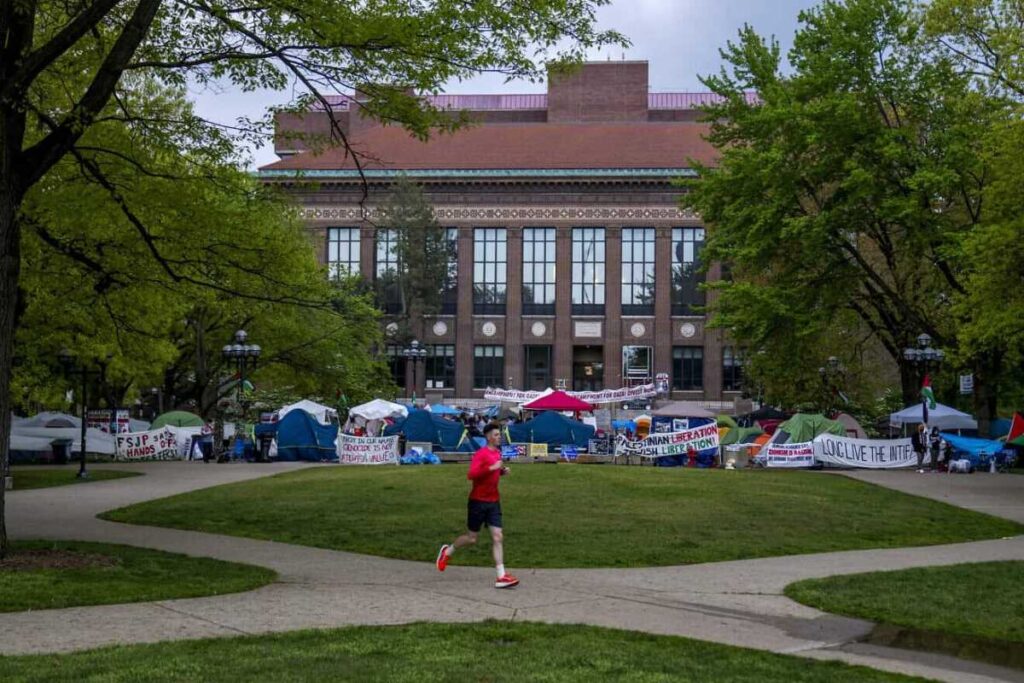Bias in Journalism and DEI’s Impact on Education
A recent report by investigative journalist Nicholas Confessore, published in The New York Times, sheds light on the negative consequences of the University of Michigan’s extensive adoption of Diversity, Equity, and Inclusion (DEI programs) policies. Despite growing criticism of left-leaning bias in mainstream media, Confessore’s article provides a detailed examination of how DEI programs at the university, originally intended to address racial disparities, have instead contributed to deepening racial tensions and undermining academic freedom. While the article does not fully explore the ideological roots of DEI—such as its connection to critical race theory and intersectionality—it highlights how these initiatives, aimed at improving minority representation, have consumed significant resources without achieving their goals.
Case Study of DEI Programs at the University of Michigan
At the University of Michigan, DEI has become a central framework for institutional policy. According to the report, over a quarter of a billion dollars has been spent on DEI programs, including hiring administrators tasked with enforcing these policies. However, instead of fostering inclusivity, the initiatives have pitted students, faculty, and staff against each other, leading to a culture of grievance and division. DEI efforts replaced merit-based criteria with racial quotas, further intensifying conflicts. Notably, the programs did little to make African-American and Hispanic students feel more welcome, with some students reporting feeling worse under the weight of “anti-racist” expectations.
The report also mentions that DEI’s influence has spread beyond universities to primary and secondary schools. Administrators and teachers, many trained in DEI ideology, have incorporated its principles into their curricula, further entrenching these divisive ideas across the education system.
Rise of Antisemitism and Calls for Reform
The situation reached a turning point in the wake of the October 7 events, as antisemitism surged across college campuses, including the University of Michigan. According to Confessore’s findings, DEI programs, which promote stringent codes of conduct and sensitivity to racial slights, appeared to disregard Jewish concerns. The rise of pro-Hamas sentiments on campus exposed the hypocrisy within DEI’s framework, as Jewish students faced open hostility without institutional protection.
The federal government’s investigation into Michigan revealed systematic failures in handling antisemitism complaints. Despite numerous incidents of harassment based on Jewish ancestry, the university took little action. The article emphasizes that while DEI was originally intended to promote inclusion, it has allowed antisemitism to flourish. Critics argue that DEI policies must be rolled back, with some suggesting that future administrations, particularly at the federal level, should rescind the executive orders that facilitated the spread of these divisive programs across educational institutions.
In conclusion, the University of Michigan’s experience with DEI serves as a cautionary tale of how such initiatives, if left unchecked, can fuel racial division and antisemitism. Policymakers are urged to address the pervasive influence of DEI to protect academic integrity and social cohesion.

